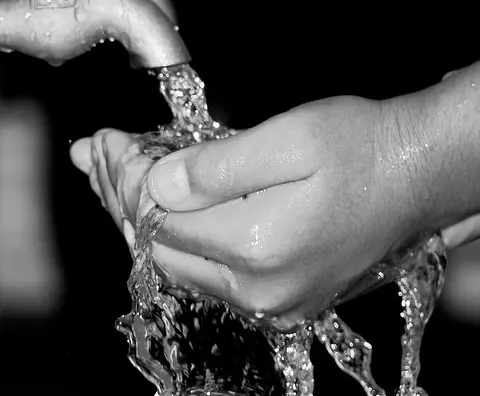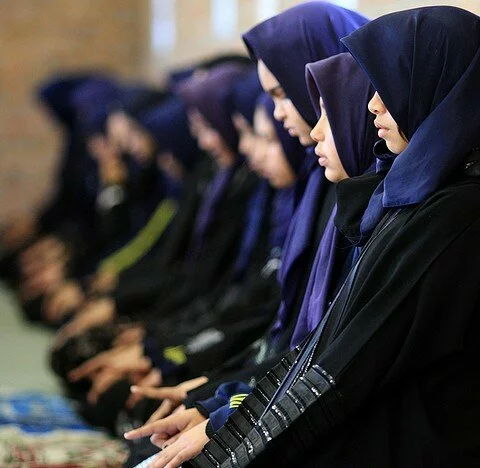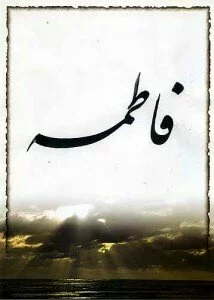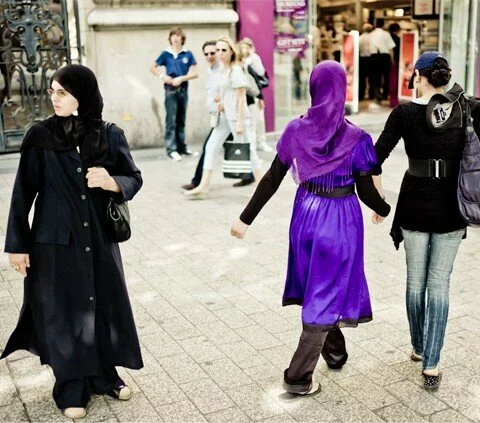
Islamic prayer Salat is proceeded by Wuduh or ablution that contributes
greatly towards the health of the individual and as results beauty also
enhances as it cleans one’s heart, soul and body. New researches also prove
that washing face 5 times a day for Salat deeply cleanses skin and keeps the
skin radiant. Islamic point of view considers radiant and healthy skin as the
noor (illuminating light) of Allah on the face of believer as our Holy Prophet
(PBUH) is one of the examples.
Oral Hygiene is another significant consequence of the Wuduh. The mouth
is rinsed and the teeth are brushed with miswak (a plant) and surely cause
a considerable decrease in all the infections in the mouth, teeth and gums.
Having clean and shiny teeth adds on the beauty of smiling face and helpful
in producing a million dollar smile.
Wuduh has also a very undeviating connection with the Istanja practice a
process of washing genitals after urinating. Istanja routine prevents urinary
tract Infections (UTI’s) and ensures the healthiness and fitness of body. As
if any drop of urine remains on the body, an impurity must be removed to
remain healthy.
Islam is the only religion that directly contributes to the personal health
and beauty, by providing Islamic system and teachings for men and women
to live their lives peacefully. In Quran Allah swt, says that Allah is Jameel
(Beautiful beyond imagination) and He loves the beauty. Islam being the
deen (religion) of Allah and Islamic teaching based upon Quranic words
and Hadees (actions and sayings of the last prophet in Islam) imparts and
focuses on the significance of appearing beautiful inside out. By performing
these rituals and practices the person especially women can enhance their
beauty, ambience and elegance.
When a person performs wuduh or ablution, he performs 26 precise
movements 5 times a day and this prescription is for optimum health and
vigor. Allah says in Quran:
“O ye who believe! When ye prepare for prayer, wash your faces, and your
hands (and arms) to the elbows; Rub your heads (with water); and (wash)
your feet to the ankles. If ye are in a state of ceremonial impurity, bathe
your whole body. But if ye are ill, or on a journey, or one of you cometh
from offices of nature, or ye have been in contact with women, and ye find
no water, then take for yourselves clean sand or earth, and rub therewith
your faces and hands, Allah doth not wish to place you in a difficulty, but to
make you clean, and to complete his favor to you, that ye may be grateful.”
(Chapter 5, Verse 6)


 Fatimah Bint Muhammad Sallalaho alayhi wasalam, fifth child of the family had three elder sisters Zaynab, Ruqayyah and Umm Kulthum. She had two brothers al-Qasim and Abdullah. Both of them died in their infancy. She was sensitive child and brilliant than other children of her age. When she turned five her father announced prophethood. He had declared him as the Messenger of Allah.
Fatimah Bint Muhammad Sallalaho alayhi wasalam, fifth child of the family had three elder sisters Zaynab, Ruqayyah and Umm Kulthum. She had two brothers al-Qasim and Abdullah. Both of them died in their infancy. She was sensitive child and brilliant than other children of her age. When she turned five her father announced prophethood. He had declared him as the Messenger of Allah.



